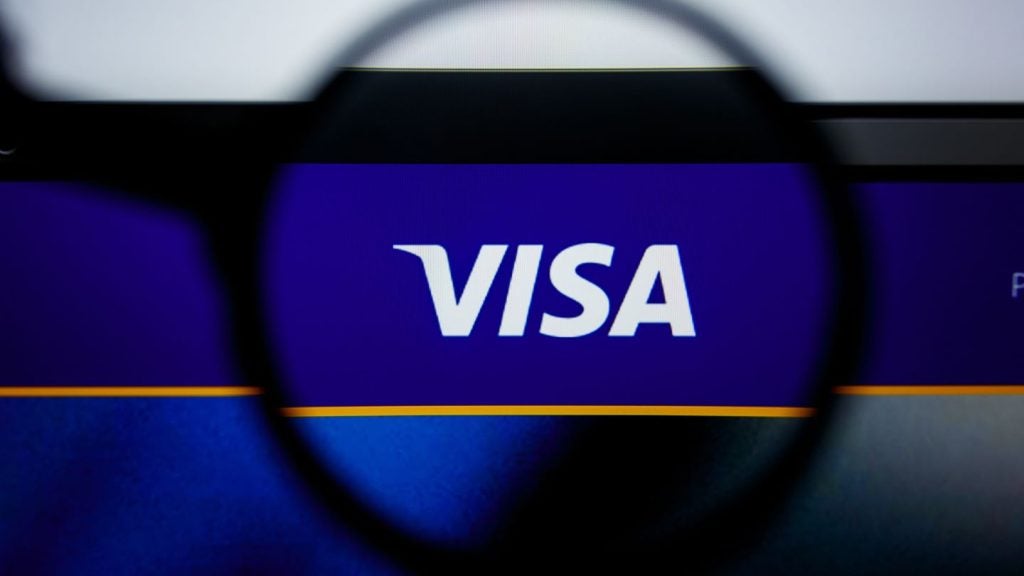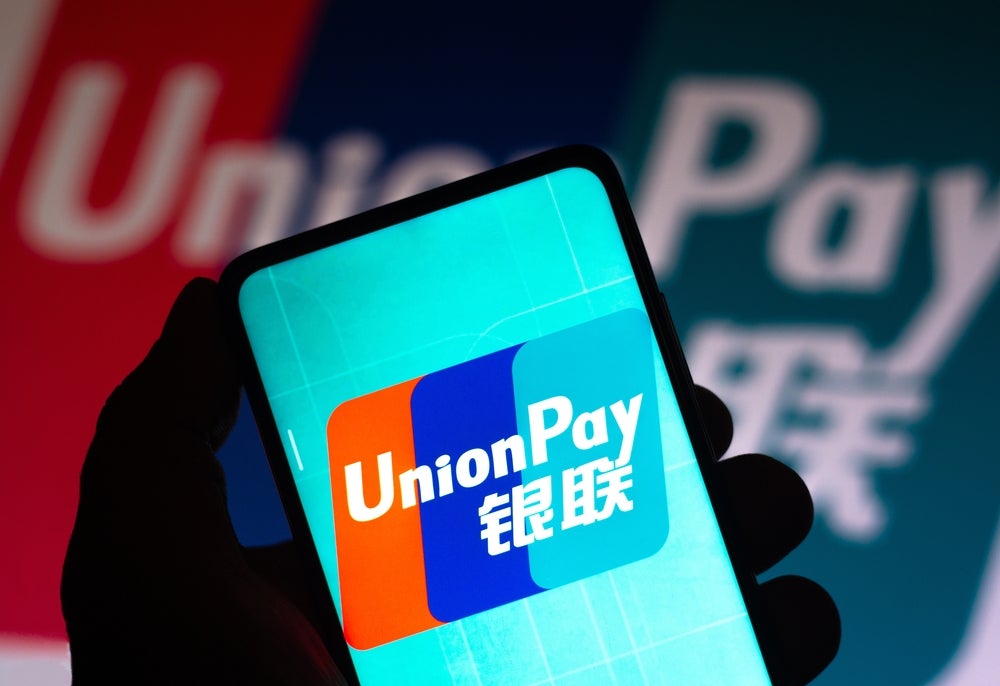A series of successful trials in the US saw major
sports venues implementing MasterCard PayPass technology. Now,
MasterCard and MBNA have launched a trial for PayPass at the
Manchester City football stadium. MasterCard’s Oliver Steeley tells
Victoria Conroy about the contactless future.
for market share, but MasterCard has a clear lead in terms of
rolling out contactless technology. MasterCard PayPass has now been
rolled out globally, and in December 2007 the number of
PayPass-enabled cards issued reached 23 million.
was its adoption at major sports venues such as Major League
Baseball and National Football League (NFL) stadiums. Now,
MasterCard is hoping that Europe’s first trial of PayPass within a
sporting venue – UK football club Manchester City’s stadium – will
have the same galvanising effect in Europe, where contactless is
yet to take off in the same way.
Manchester City issued with a reloadable MasterCard prepaid with
PayPass contactless card, which can be used both to gain access to
the City of Manchester Stadium utilising the existing smart card
technology on match days and to purchase items inside and outside
the ground. As it is a prepaid card, fans can also choose to top up
the card online, over the phone or at PayZone points in UK retail
locations. There are no charges to reload the card over the
internet, and no POS transaction charges.
UK implementation differs
Oliver Steeley, head of strategy and business for the developed
markets region at MasterCard Worldwide, told CI that although
similar roll-outs of contactless technology at sports venues in the
US have been very successful, there are some aspects of
implementation that differ when it comes to the UK. “What you have
to do is decouple the ticketing and the payments application. In
the Manchester example, it’s integrated into the same card, but
elsewhere in the world where we’ve implemented PayPass, for example
with the NFL stadiums in America, they’re still using paper tickets
to get into the ground, but all of the concessions and stores
inside the ground are PayPass-enabled. You don’t have to go for a
completely integrated approach. If you don’t have contactless
ticketing today, you can still go for contactless payment inside
the stadiums.”
contactless payment is also lower than in the US, where both forms
have been existence for a few years now, but according to Steeley,
although it’s early days for PayPass in the UK, the signs are
encouraging. “It would be fair to everybody to have a couple more
games take place before we start talking about the results, but
certainly, where you have a high density of cardholders and
merchants, we get very positive feedback from that.”
Merchant acceptance rising
How well do you really know your competitors?
Access the most comprehensive Company Profiles on the market, powered by GlobalData. Save hours of research. Gain competitive edge.

Thank you!
Your download email will arrive shortly
Not ready to buy yet? Download a free sample
We are confident about the unique quality of our Company Profiles. However, we want you to make the most beneficial decision for your business, so we offer a free sample that you can download by submitting the below form
By GlobalDataMerchant acceptance levels are also positive, and Steeley says that
PayPass is now being extended outside the designated trial zones
implemented last year due to consumer and merchant demand. “It’s
encouraging. Where we have chosen to start is where the technology
is easier to implement, and that’s where the bank owns the
equipment. It’s much easier for us to get off the ground when
someone from the acquirer turns up, plugs in the card reader and
trains the staff, whereas in some of the larger retail environments
you have a greater degree of difficulty because both the software
and the hardware investment is larger. We haven’t yet seen the
larger retailers with the integrated equipment supporting the
technology just yet. But we’re very hopeful that it will
happen.”
expected about 1,000 merchants in dedicated postal zones in the
centre of London, the latest figures that I’ve seen indicate that
there’s about 3,500 merchants accepting PayPass already, and
actually they’re starting to spread outside of the zones that we
put into the trial. These things always take a little longer than
you hope they might, but the signs are certainly
encouraging.”
overcome before PayPass, and contactless payment in general,
becomes as ubiquitous here as it is in the US, not least due to a
level of merchant reluctance. “With some smaller retailers, such as
in the confectionery/tobacconist independent retail locations,
historically they haven’t accepted cards for under a certain
amount, and that culture will take a little time to break down. The
acquirers are working hard to make sure that retailer staff
understand it. I have to say it is a bit of a challenge making sure
that all the staff are properly trained in something new, whether
that’s to do with payments or any other process, because staff
turnover in retail environments is quite high. It’s important that
we engage very closely with the acquirers and the merchants to make
sure that the staff are properly trained and understand the
differences,” says Steeley.
PayPass for mobiles?
When it comes to extending PayPass to mobile phones in the UK,
there is another factor to consider. “I can’t go into too much
detail about precise plans for mobile PayPass trials, other than to
say that there’s a high level of interest,” Steeley told CI. “The
way in which PayPass has been deployed in the UK is that we have
integrated it with chip and PIN functionality. There’s an offline
counter, and after a set number of consecutive contactless
transactions, cardholders will be asked to put in their PIN, and if
the offline balance is exceeded then your PIN will need to be put
in. That’s great if you’re dealing with a form factor that’s
card-shaped, but more of a challenge if you’re dealing with a form
factor like a wristwatch that can’t be inserted into the contact
interface. There is an additional level of complexity in order to
do this in the UK, where we’ve integrated with chip and PIN, as
opposed to the US where we’ve implemented it around magnetic strip
and signature transaction technology.”
endear itself to UK consumers, as it has done elsewhere. “PayPass
is now the world’s largest contactless system. This is a really
exciting trial and a good case study in implementation at the high
end of the complexity scale to showcase what can be done. If venues
and clubs want to move towards contactless payments, not every
implementation has to be at this end of the complexity scale. It
will be interesting to see how clubs and venues respond to this and
how we work with our customers to drive it forward,” Steeley
says.







